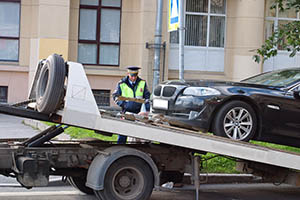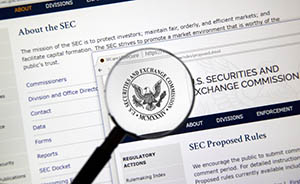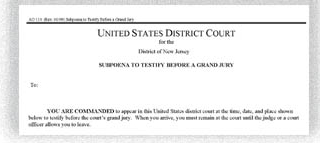You’re Charged with a Crime, and the Prosecutor Wants to Forfeit Your Car, Cash or Home
Police and prosecutors around the country routinely seize and forfeit cars, boats, money, computers, guns and homes that were “used in, or facilitated, the criminal activity charged.” While many cases involve significant crimes and the forfeitures are justified, too often the person is charged with fairly low-level drug sales and their car is seized if it was used to transport the drugs during the sales. The federal and state governments argue that forfeitures are simply part of the cost of the criminal’s conduct and work as a separate fine on the illegal activity. These fines and forfeitures are often used to supplement local and state budgets, including those of the very agencies that seized and forfeited the property.









